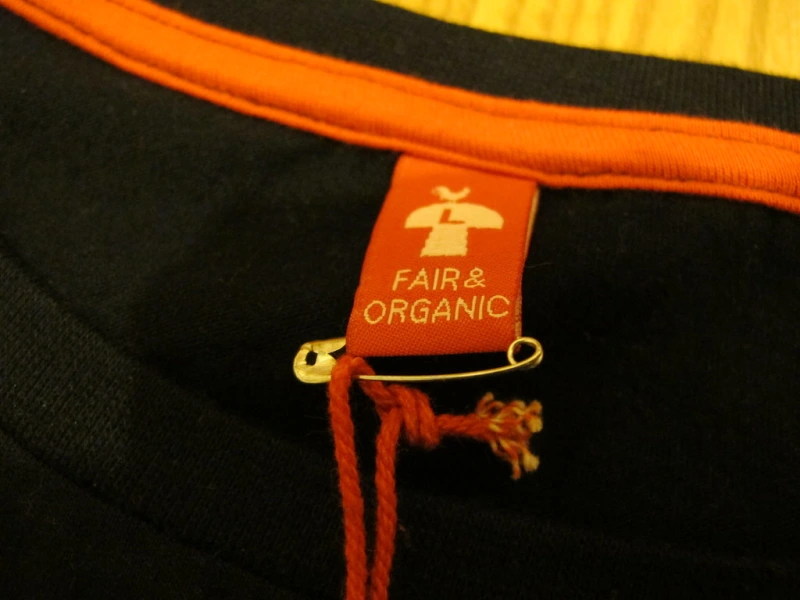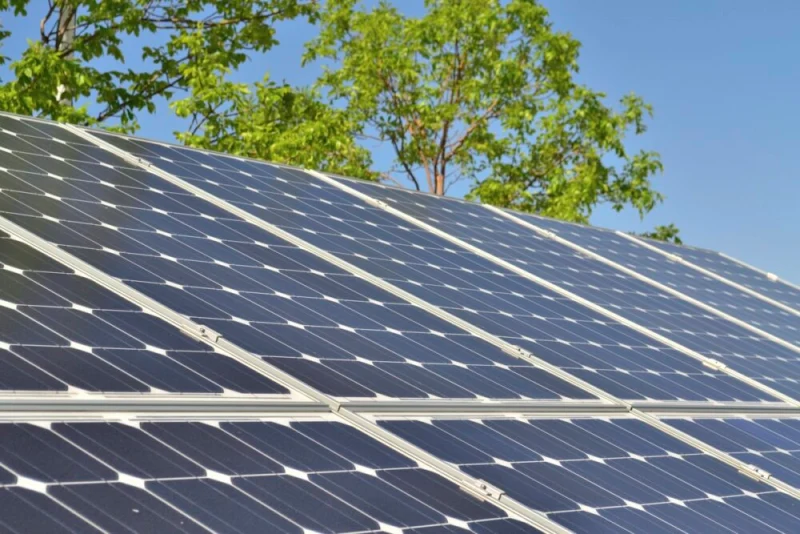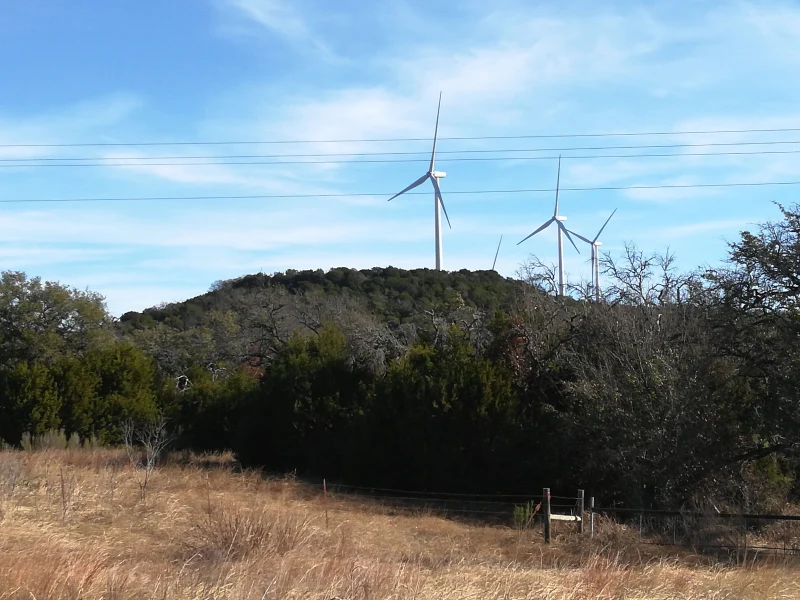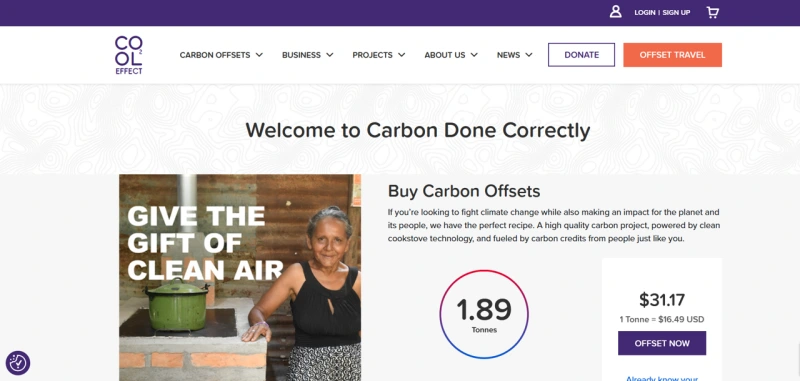
Prioritize Energy-Efficient Products
• Buy Energy Star-rated appliances: Look for products certified as energy-efficient, which reduce energy consumption and greenhouse gas emissions.
• Invest in LED lighting: These bulbs last longer and use significantly less energy than traditional incandescent or CFL bulbs.
• Upgrade to electric or hybrid vehicles: Electric vehicles (EVs) have lower lifetime emissions compared to gasoline-powered cars, especially when charged from renewable energy sources.

Choose Sustainable Brands
• Support B Corps and eco-certified companies: These businesses meet high standards for environmental and social performance.
• Look for Fair Trade and organic certifications: These labels indicate sustainable agricultural and labor practices, especially for coffee, chocolate, and clothing.

Switch to Renewable Energy
• Move to renewable energy plans: Many utility companies offer programs where you can buy electricity generated from renewable sources.
• Subscribe to community solar programs: If installing rooftop solar isn’t an option, join community solar initiatives to support clean energy projects.

Reduce Waste & Shop Smart Choices
• Buy reusable products: Opt for reusable water bottles, shopping bags, and food containers to reduce single-use plastic waste.
• Purchase in bulk: Buying in bulk reduces packaging waste and often supports local co-ops or zero-waste stores.
• Repair and repurpose items: Instead of discarding broken items, repair them or buy used goods to minimize the carbon footprint of new manufacturing.

Purchase Local and Seasonal Goods
• Buy locally sourced food: Reducing the distance food travels cuts emissions and supports local farmers.
• Shop at farmers’ markets: This ensures seasonal and fresh produce, reducing the energy-intensive storage and transportation associated with supermarket supply chains.
.

Invest in Green Financial Products
• Support ESG-aligned investments: Purchase mutual funds or stocks that prioritize environmental, social, and governance criteria.
• Bank with green institutions: Choose banks or credit unions that invest in renewable energy and sustainable initiatives.

Encourage Corporate Accountability
• Research supply chains: Choose brands that disclose sustainable sourcing and production methods.
• Advocate for transparency: Demand information about product life cycles, including carbon footprints.

Leverage Technology
• Use apps to assess products: Platforms such as Good On You (for clothing) and Ecosia (a green search engine) help identify sustainable choices.
• Track carbon offsets: Use services like Cool Effect to offset emissions from purchases or travel.
.
“Every time you spend money, you’re casting a vote for the kind of world you want.”

Anna Lappé
Author and advocate for sustainable food systems
“We don’t need a handful of people doing zero waste perfectly. We need millions of people doing it imperfectly.”

Anne-Marie Bonneau
Sustainability advocate
“The power of consumers is greater than governments because we have the ability to boycott or embrace companies that align with our values.”
